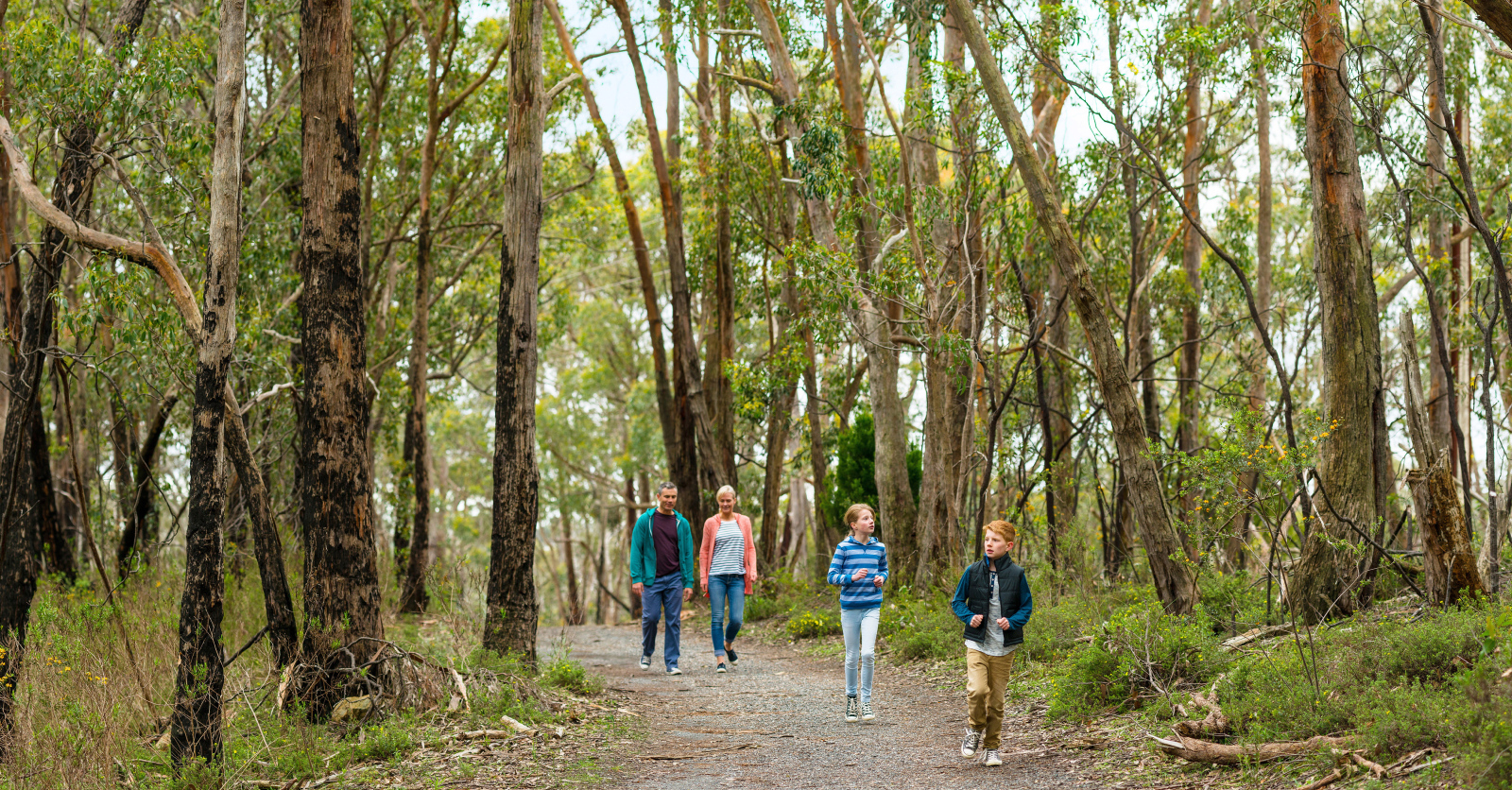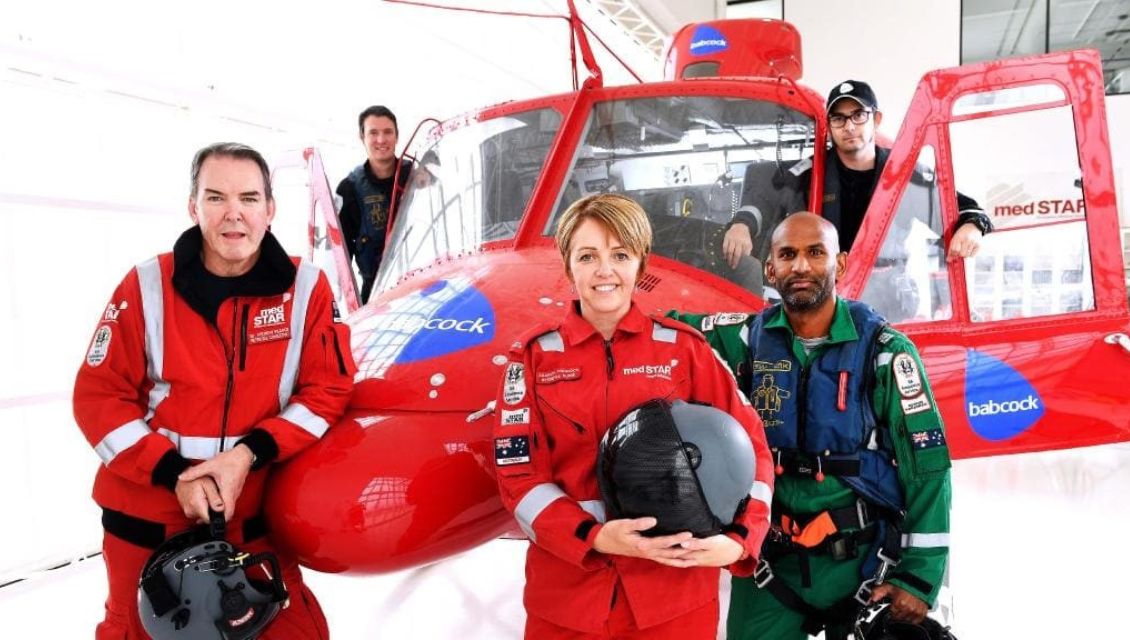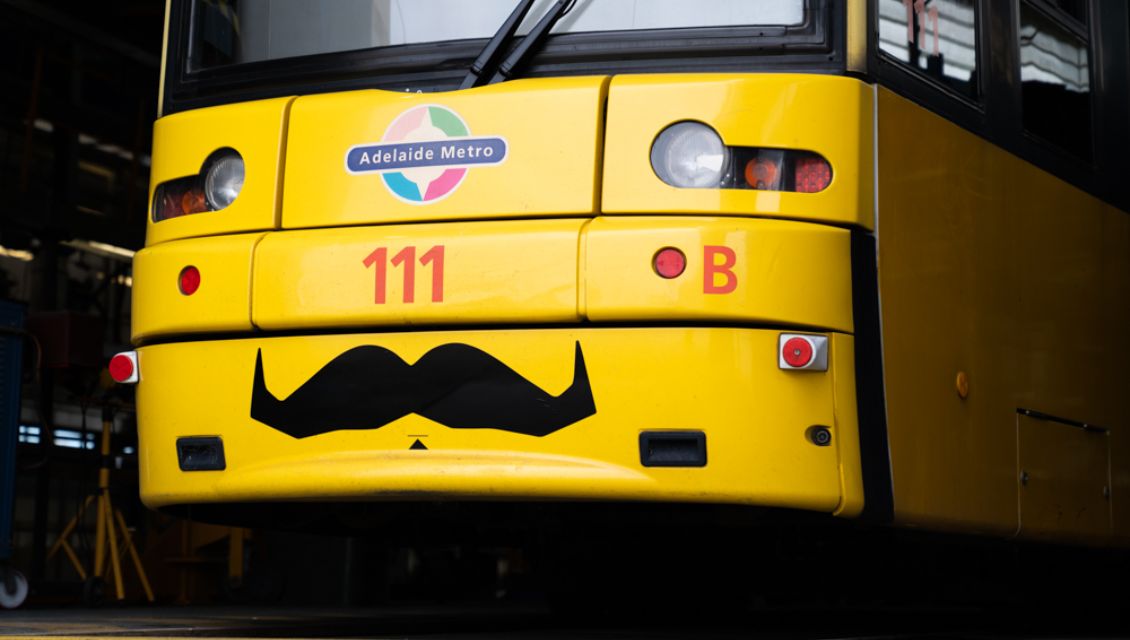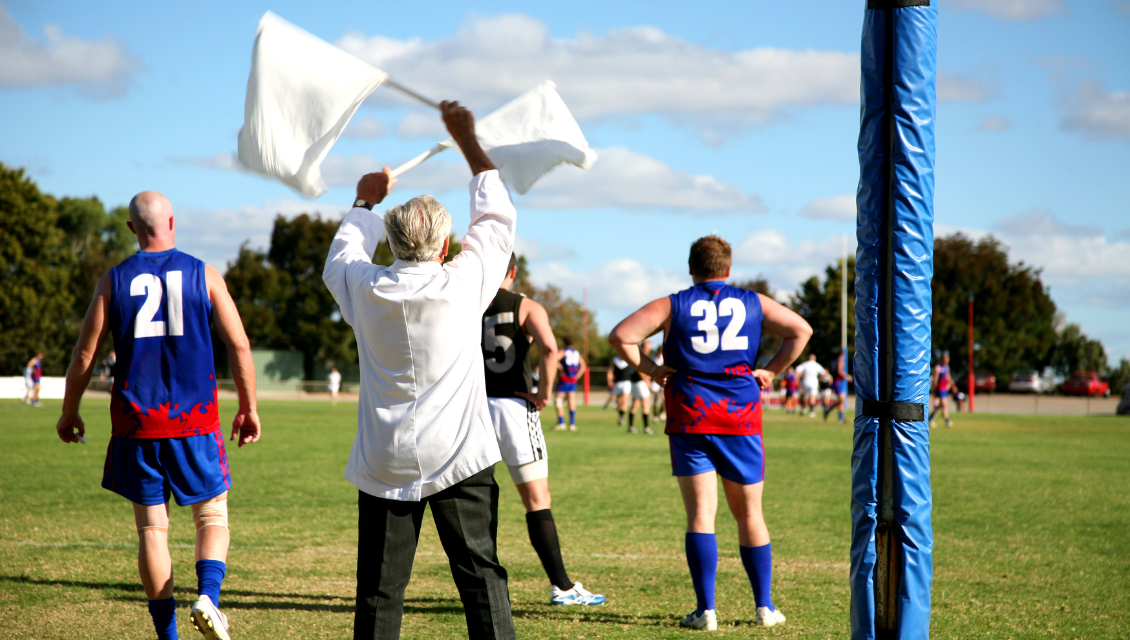
Demi, 16 (left) and her 25-year-old sister Chelsea (right) share the same success story after undergoing a rare procedure at the Women's and Children's Hospital (WCH) to treat hereditary pancreatitis, a debilitating and painful condition where the pancreas is recurrently inflamed.
The WCH is one of only two hospitals in Australia currently performing the specialist procedure - a Total Pancreatectomy Islet Auto Transplant - on children.
The procedure involves removing the pancreas and flying it to Melbourne, where vital insulin producing islet cells are isolated and extracted.
The cells are then returned to Adelaide, where they are infused back into the patient’s liver.
Demi had her procedure in September 2024, Chelsea in 2017 and their 22-year -old brother Joel - who also has the rare condition - was transplanted in 2022 at the Royal Adelaide Hospital.
After years of debilitating pain, the three siblings are now living life to the fullest following their surgeries.
"This procedure has been nothing short of life-changing for me and my family," Chelsea said.
"Before receiving the treatment, I was constantly in hospital, for weeks at a time.
"I am just so grateful to the Women’s and Children’s Hospital staff who have given me my life back. I wouldn’t be here without them."
Sanjeev Khurana, WCH Senior Visiting Medical Specialist in Paediatric Surgery, said: "Without this procedure, many children would be forced to rely on opioids for pain relief, while also missing out on school and sporting events."
"We’re so proud to be leading the way in Australia with a mature service that allows sufferers to live a full life once again.
"Our hope is to treat many more children in the future, and to learn more about this incredibly severe and unrelenting disease."
The operation is a partnership between the WCH, the Royal Adelaide Hospital and The Hospital Research Foundation Group and is made possible through a $2.02 million grant provided by Medical Research Future Fund.






